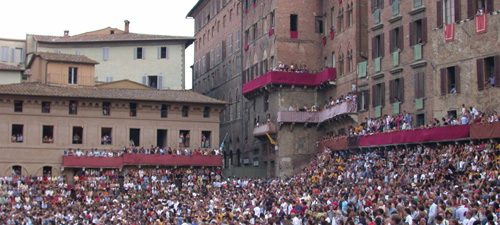Yesterday the Oscar nomination were announced; to no surprise, Heath Ledger has a spot on the list of Best Supporting Actors (and will certainly win) for his performance as the Joker in The Dark Knight; to much outcry, The Dark Knight failed to recieve any other major nominations, such as Best Director or even Best Picture. I don’t care, really. As much as I love it, I don’t think it deserves Best Picture (though admittedly I haven’t seen any of the actual nominees this year, to my failure). But the hullabaloo got me thinking about the film again, and why it’s so problematic to me. Because as I addressed in my original essay on the film–the first piece written for this site–I have a lot of issues with The Dark Knight. I already explained what I think is wrong with it, with regards to the ethical position presented by the narrative; now I’d like to expand on that, a bit, but more importantly, explain how to do it right.
The Dark Knight is a film about the myth of the Hero. A cursory view might say that it is a film deconstructing the Hero: it emphasizes, after all, that Batman/Bruce Wayne is not a hero, and this is true, depending on how we define “hero”. The film seems to mean the popular sense of an individual who acts ethically to eliminate injustice and preserve society’s righteousness. I’m not going to dispute that definition too much; in fact, I want to look much closer at several parts of it and what they mean, and how they impact the status of Batman as a Hero.
